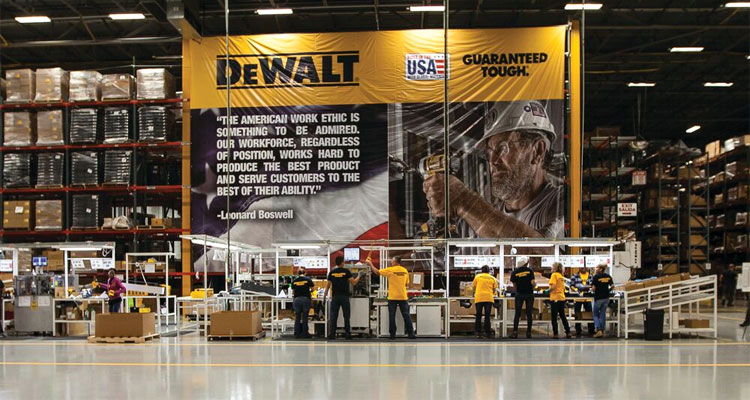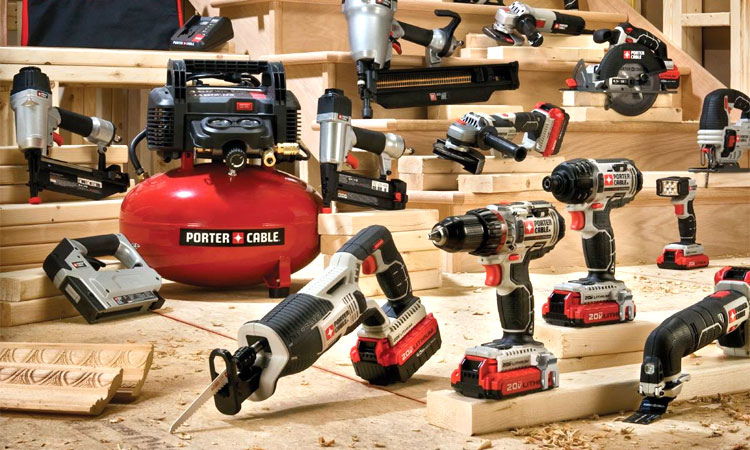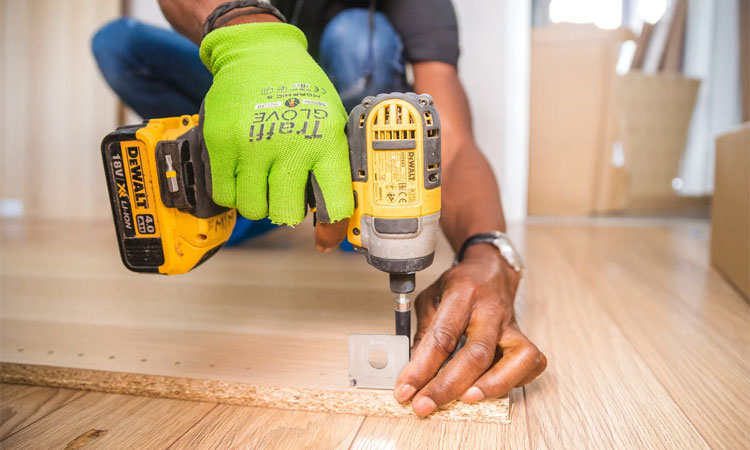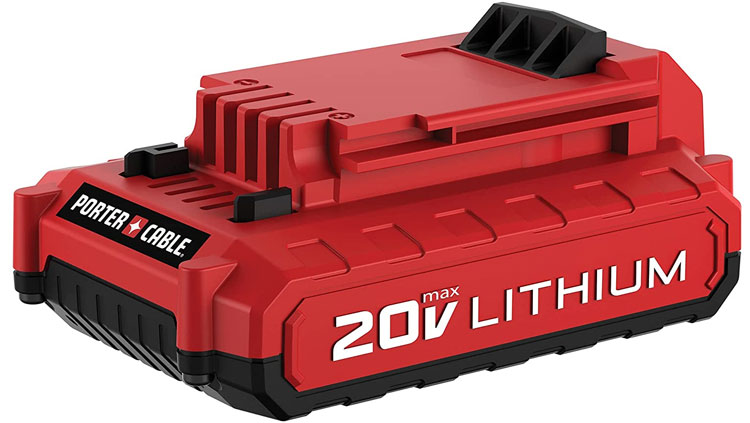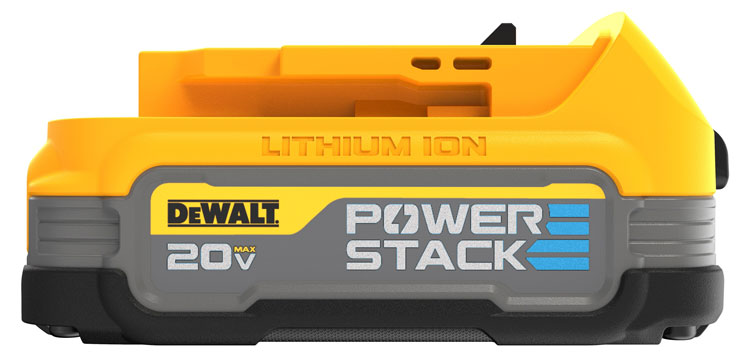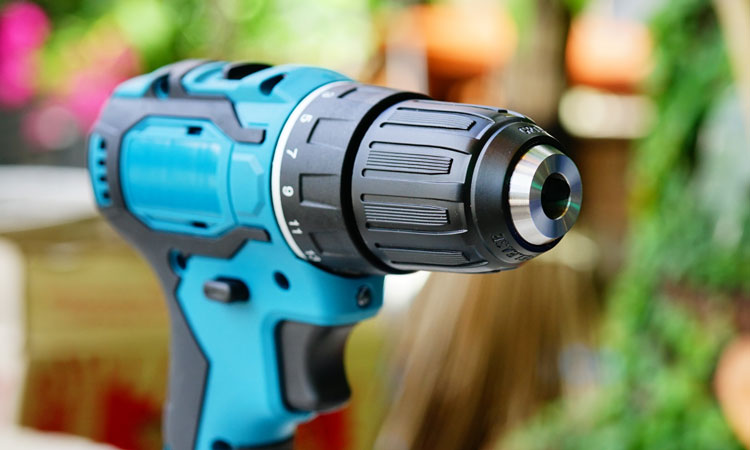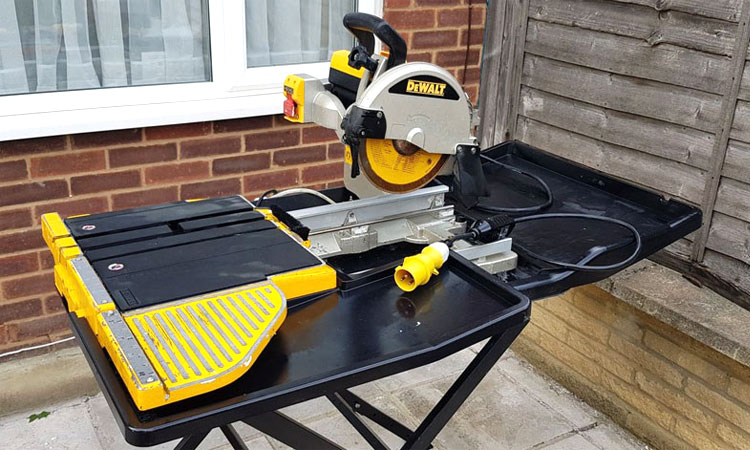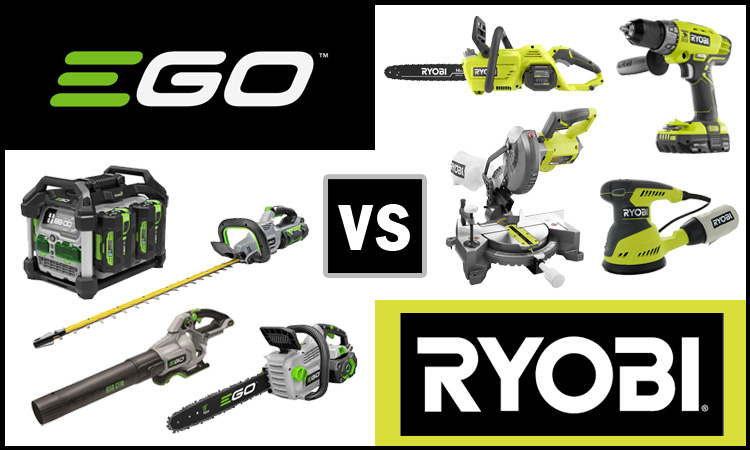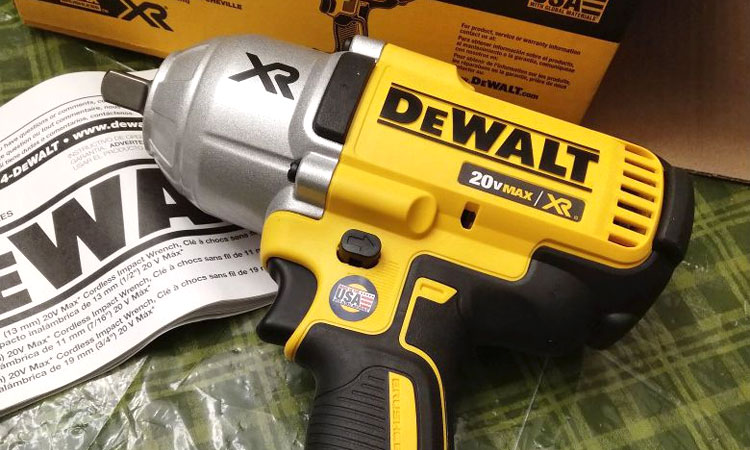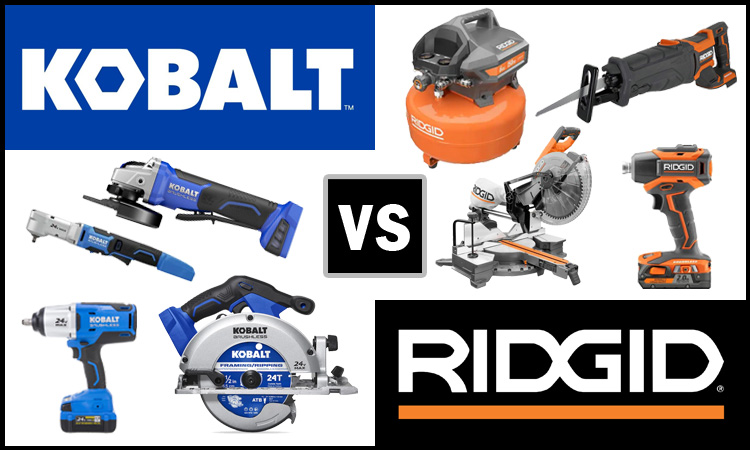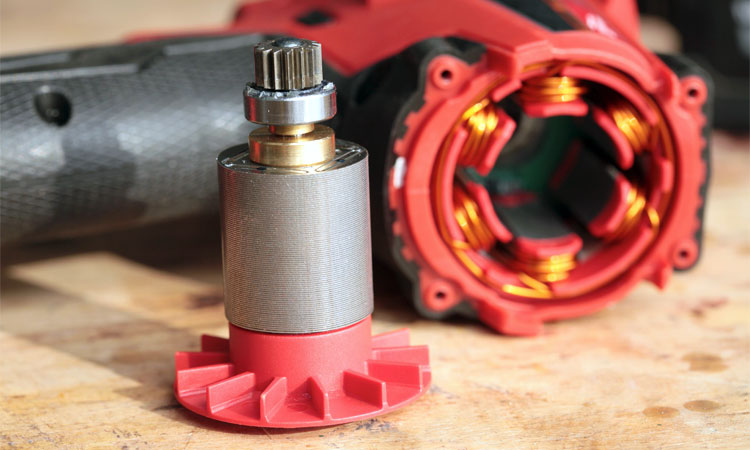Porter-Cable vs DeWalt (Which is Better?)
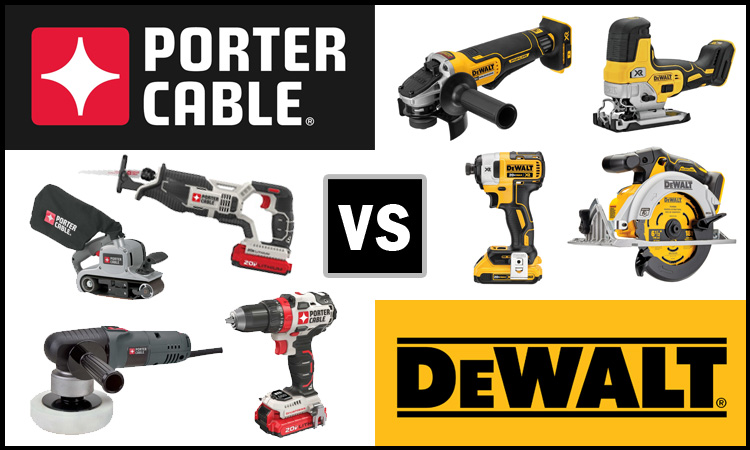
Power tools have revolutionized the way we complete work, expediting even the most tedious of chores. Today, more than ever, consumers are present with a wide array of these specialty tools to choose from. However, this often leaves one to ponder which brand to side with, when contemplating a purchase of any magnitude.
Two storied power tool brands often compared by consumers are Porter-Cable and DeWalt. Both of these two manufacturers have been around for many years, though each caters to a somewhat unique clientele today. For this reason, we have compiled the following comparison guide.
What follows is a comprehensive comparison of Porter-Cable and DeWalt, based upon a significant range of criteria.
History
The Porter-Cable and DeWalt tool companies are both well known names that have been around for many years. In fact, both companies were established in the early 1900s.
The following is a brief historical account of both Porter-Cable and DeWalt’s birth into the world of power tools.
About Porter-Cable Tools
Porter-Cable’s history dates back over a hundred years to 1906, when it was located in Syracuse, New York. Where the company first began as a jobbing machine and tool shop. In the following years, the company began manufacturing a variety of household items including pencil sharpeners, automatic tire pumps, and gas lamps.
It was not until 1926 that Porter-Cable ventured into power tool production, with the production of their own line of portable sanders. This was then followed quickly by the release of a revolutionary High-Speed Helical Gear Drive Saw in 1928. It was over these few years that Porter-Cable’s name became recognizable to the mainstream public.
Rockwell Industries purchased Porter-Cable in 1960 and relocated the company’s operations to Jackson, TN. At about the same time, Porter-Cable also broadened its product catalog, to include such power tools as the portable band saw and a high-speed orbital sander.
Rockwell Industries’ acquisition of Porter-Cable resulted in the company’s focus to shift toward producing economically-priced consumer-grade tools, in direct competition with Black & Decker. Rockwell also dropped the Porter-Cable name, bringing the brand itself a certain level of anonymity.
In the mid-1980s, Porter-Cable was purchased by Pentair, Inc. at which time the commercial use of the Porter-Cable name was restored.
Pentair, Inc. continued to focus on the production of economical consumer-grade tools, and by the end of the decade, Porter-Cable no longer participated in the tool market for professionals, instead solely focusing on the homeowner consumer tool models.
In a twist of fate, after years of direct competition, Porter-Cable was purchased by Black & Decker in 2004. Today, Porter-Cable is still headquartered in Jackson, TN, though much of the manufacturer’s operations take place elsewhere.
See Also: Porter-Cable vs Milwaukee (Tool Comparison)
About DeWalt Tools
The DeWalt brand name was founded in 1922 by Raymond DeWalt, the Superintendent of Seabrooks Farms. The company’s beginning was built on the invention of a woodworking machine that aimed to improve productivity. Because it could be set up in almost ten different ways, this machine became well recognized for its flexibility.
In Leola, Pennsylvania, the first DeWalt production facility was built in 1924. DeWalt began selling a dedicated mortiser and jointer to complement its “Wonder Worker” universal woodworking machine, marking the beginning of its catalog expansion. The company began to develop rapidly in the 1940s, attempting to satisfy the demands of the US military and wartime equipment.
DeWalt expanded during the next decade, with its first acquisition by the American Machine Foundry and then an expansion into Canada. Consumer demand became so great that additional manufacturing area was required to the present facility.
DeWalt initially introduced its first line of portable electric tools for professionals and contractors in 1992. By 2001, this range had expanded to 200+ devices and 800+ accessories. The cordless power tools were available in voltages ranging from 12V to 20V.
During the next several years, the company opened numerous manufacturing plants, increasing their output capacity further. DeWalt is now owned by Black & Decker and employs around 13,000 people in the United States as well as in other countries around the world.
Read Also: DeWalt vs Ryobi Tools
Manufacturing
The origins of products that consumers plan to purchase play an important role in their decision making. This is why many consumers wish to know more about the manufacturing processes of their favorite tool company.
The following is a brief description of Porter-Cable and DeWalt’s current manufacturing practices.
Where Are Porter-Cable Tools Made?
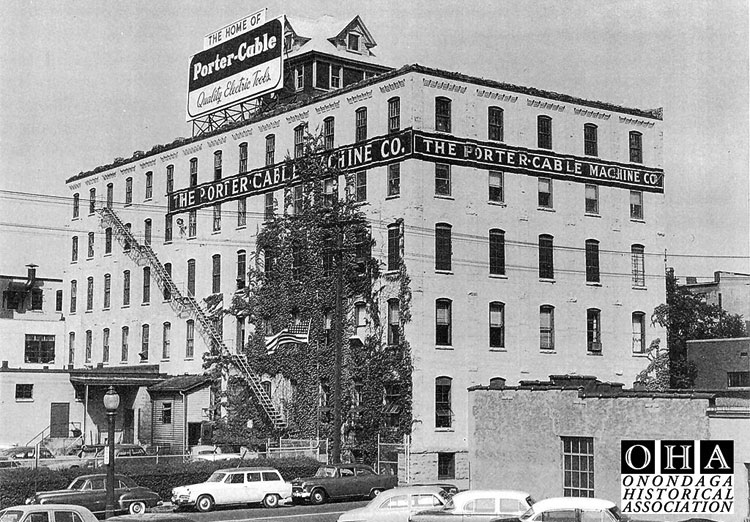
In the early years, Porter-Cable tools were produced in America. To begin with, almost all of Porter-Cable’s manufacturing took place in Syracuse, New York. After the acquisition by Rockwell Industries, manufacturing was moved to Jackson, TN.
Today, this facility is used primarily as a warehouse, while the vast majority of Porter-Cable’s current product production takes place in China and Mexico.
Related: Porter-Cable vs Ryobi
Where Are DeWalt Tools Made?
The headquarters of Dewalt Tools are located in Towson, Maryland, a suburb of Baltimore, and has several manufacturing plants located in the following US cities:
- Greenfield, Indiana
- Hampstead, Maryland
- Charlotte, North Carolina
- New Britain, Connecticut
- Shelbyville, Kentucky
- Cheraw, South Carolina
- Jackson, Tennessee
That said, the majority of DeWalt products (mainly power tools) are manufactured outside of the United States. DeWalt has production plants in China, Mexico, Italy, the Czech Republic, Brazil, and the UK.
In general, tools that are made in the United States will have a “Built in the USA with Global Materials” label on them.
See Also: DeWalt vs Craftsman
Product Line
Porter-Cable and DeWalt each have a variable lineup of tools in their product catalog. Thus, we offer you, the consumer, a brief look at each of these companies’ primary selection of tools to choose from.
Porter-Cable
Perhaps Porter-Cable’s most popular line of power tools is the 20V MAX series, which utilizes a universal battery/charging system. The main feature of the tools within this series is their extreme versatility since they share a common battery design.
Impact drivers, drills, reciprocating saws, circular saws, and lights are all included in the 20V Max series of power tools, along with many more.
Additionally Porter-Cable markets an extensive line of tools that are geared to the woodworker, including polishers, grinders, and routers, among others.
Porter-Cable continues to expand its lineup yearly, making it likely that consumers will be presented with a number of additional power tools of both the cordless 20V MAX and corded variety in the near future.
Porter-Cable is not only known for its lineup of power tools but they also produce and market a wide array of power tool accessories. Some of the most notable of these accessories include specialty drill bits, joining biscuits, fasteners, hole saw bits, and mandrels.
Also: Porter-Cable or Craftsman (Who Makes Better Power Tools?)
DeWalt
DeWalt’s ascent to dominance in the power tool market began in the early 1990s, with the introduction of the company’s first set of cordless power tools. This quick success was quickly followed by a release of 30 more cordless tools in just four years. DeWalt’s 14.4V line featured some of the most notable tools.
The DeWalt 20V Max product line is their most well-known series, with almost 200 power tools available and new ones added every year. Cordless drills, drivers, grinders, impact wrenches, and nailers are some of the most popular products in the 20V Max series.
With its line of 60V Max power tools, the company also addresses the needs of the professional job site. These tools outperform conventional 20V models by delivering maximum power for demanding applications.
In addition to their popular power tools, DeWalt also manufactures some excellent hand tools, accessories, and other jobsite gear like work gloves, footwear, and knee pads.
Read Also: DeWalt vs Festool (Comparison)
Technology
Porter-Cable and DeWalt continue to seek out new and innovative designs on a yearly basis. They realize that their customer’s demands evolve continuously, and each strives to keep up with the market as a whole.
The following are several high points, pertaining to the technical innovations of both Porter-Cable and DeWalt tools.
Porter-Cable
20V MAX Technology
The majority of Porter-Cable power tools now utilize the manufacturer’s 20V MAX power supply system, which is designed to provide increased versatility.
This system allows consumers to share batteries and chargers between multiple tools, thus adding versatility to their lineup of tools and streamlining of the job site.
Storage/Charging Solutions
Porter-Cable offers a unique way to transport, store, and charge batteries utilized within their 20V MAX line. The company’s 20V MAX Storage Bag allows consumers to store up to 10 individual batteries and is capable of fully charging two 20V MAX batteries at a time, in only 40 minutes.
The bag also features cord control management on the inside as well as the outside to further enhance the interest of the consumer.
Jobsite Solutions
Porter-Cable uses its innovative 20V MAX technology to produce much more than a simple lineup of tools. The company also produces a series of shop-duty specific tools, utilizing the same technology.
Some of the most noteworthy additions to this line include shop vacuums, radios, and LED spot/work lights.
DeWalt
FlexVolt Batteries
DeWalt’s FlexVolt battery line was unveiled to a lot of excitement. These batteries are dual voltage and can power DeWalt portable power tools that use both 20V and 60V electricity.
Because the FlexVolt batteries change voltage automatically as you switch tools, they are among the most flexible on the market, allowing customers to carry a single type of battery for any application and compatibility with over 200 products.
Tool Connect
DeWalt’s Tool Connect is a cutting-edge tool monitoring system. With this app linked to Bluetooth tags and chips, users can easily keep track of equipment on a job site. Even if the tools are at a different location, the Tool Connect software installed on a device makes it simple to view and monitor their status and battery condition.
Jobsite WiFi
For any job site, DeWalt’s Jobsite WiFi Access Point is an invaluable solution. The access point automatically connects and reconnects as it moves around the jobsite. Even in temperatures of more than 120 degrees Fahrenheit, the DeWalt Jobsite WiFi access point works without a hitch and it can even survive a 10-foot drop and continue to function.
Warranty and Service
Most consumers put much thought and planning into purchases of substantial value, like those of tools. Warranty and customer service can both be high selling points, and the difference between a purchase from one company or another.
The following is a brief rundown of Porter-Cable and DeWalt’s current warranty policies.
Porter-Cable
To begin with, Porter-Cable offers a 90-day satisfaction guarantee on all merchandise. If for any reason, you are not satisfied with a Porter-Cable product within the first 90-days of purchase, simply return it for a full refund.
All Porter-Cable tool purchases also include a 1-year service plan which covers its tools for labor and parts costs related to normal wear and tear of a tool.
All Porter-Cable power tools are backed by a warranty policy of at least 1-year in duration, from the date of original purchase. However, many of the company’s tools are actually covered by a 3-year limited warranty.
In either case, these policies cover Porter-Cable power tools against problems that arise from material or workmanship-related defects. These extended warranties do not cover the tool for normal wear and tear or misuse.
DeWalt
DeWalt provides a 3-year limited guarantee on the majority of its portable power tools. While this warranty covers flaws in materials and craftsmanship for the duration of the tool’s life, it does not cover wear and tear caused by normal use.
A 1-year free service contract is also provided in addition to the traditional 3-year limited warranty. This agreement states that DeWalt will repair any malfunctions or worn components caused by normal use and wear during the first year of ownership without charge to the customer.
DeWalt power tools also come with a 90-day Money Back Guarantee. If you are not happy with your DeWalt power tool purchase for any reason, you may get a full refund.
Specific tools offer their own warranties:
- Mechanics Tools: Full lifetime warranty
- Hand Tools: Full lifetime warranty
- Air Compressors: 1-Year Limited Warranty
- Footwear: 30-day Money Back Guarantee
Porter-Cable vs DeWalt: And The Winner Is…
Any comparison between Porter-Cable and DeWalt is tricky to articulate, as each caters to a drastically different customer base. Over the years, Porter-Cable has morphed into a consumer-grade tool brand, while DeWalt has become a favorite of industry professionals. For this reason, we feel that DeWalt is deserving of top honors in this comparison.
Simply put, if you have the additional money to invest, and wish to purchase nothing but the best in today’s power tools, then DeWalt should be your first port of call. DeWalt’s product catalog is massive and quite diverse in nature. Additionally, each of the company’s tools is built to weather continual, heavy use.
Many consumers also favor DeWalt’s premium warranty policies and strict adherence to top-notch customer service protocols. In fact, this is perhaps the top point of merit for DeWalt, as they stand by their products for the long haul.



